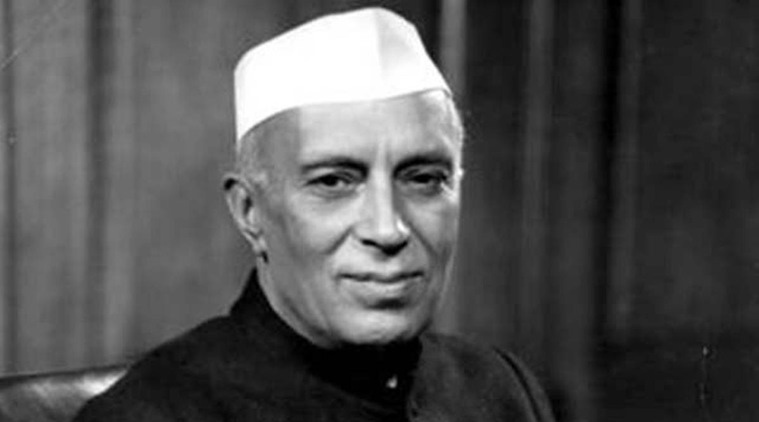- Community facilities >>
Rabindranath Tagore’s Santiniketan, “an Abode of Learning Unlike Any in the World” | Learn more >> - Crafts and visual arts >>
Araku Museum: “Like being in the world of local tribes” | Learn more >> - Democracy >>
Trust India’s “village republics” to bring in some good news | Learn more >> - Ecology and environment >>
A Climate Conscious Diwali | Learn more >> - Education and literacy >>
A learning environment which is aesthetically pleasing, cost effective, environment and child friendly | Learn more >> - Fashion >>
An interview with Gond artist and textile designer Roshni at the National Institute of Fashion Technology| Learn more >> - Film >>
Dissemination of art and cultural heritage | Learn more >> - Literature and bibliographies >>
Books illustrated by tribal artists: Books for the reading pleasure of children in different languages | Learn more >> - Performing arts >>
Adivasi Adi Bimb Festivals: Silently but surely bringing the Adivasis of the land to limelight | Learn more >> - Women & other Success stories >>
A flourishing matriarchal village economy with agriculture, forest based activities and weaving | Learn more >>
Nehru was fascinated by the spontaneity of tribal culture and their capacity of joy and heroism in spite of their appalling poverty, destitution, and ignorance. […] In Nehru’s view, the process of modernization must not be taken as forcing a sudden break with the tribals past but help them build upon it and grow by a natural process of evolution.
Dr. Chittaranjan Mishra in “Tribal Philosophy and Pandit Nehru” (Odisha Review, November 2017) | Learn more >>

Photo © Indian Express
In North India it is still common to reprimand a child: study or else you’ll cut grass; the prospect of manual work invoked as a threat. Education was valued because it could widen the distance from the labouring multitudes.
Source: Author and diplomat Pavan K. Varma in Being Indian: Inside the Real India (2005), p.104 | Find a library copy via Worldcat.org >>
Tip Find up-to-date reports on the above topics in the Indian press by typing “tribal artists”, “women tribal community”, “Adivasi fashion” or similar search terms into the search window seen below
Up-to-date reports by Indian journalists and commentators
List of Indian magazines and web portals covered by the present Custom search engine
Find publications by reputed authors (add “open access” for freely downloadable content)
See also
Adivasi Academy & Museum of Adivasi Voice at Tejgadh
Atree.org | Ashoka Trust for Research in Ecology & the Environment (posts)
Biodiversity | Hyderabad biodiversity pledge | Nilgiri Biosphere
eBook | Background guide for education
Tips for using interactive maps
Toggle to normal view (from reader view) should the interactive map not be displayed by your tablet, smartphone or pc browser
For details and hyperlinks click on the rectangular button (left on the map’s header)
Scroll and click on one of the markers for information of special interest
Explore India’s tribal cultural heritage with the help of another interactive map >>